Are you looking for juices to cleanse the colon? Here are some potentially useful ones and what you need to know about the topic.
It’s important to note that these drinks don’t replace meals. Also, to work, they should be accompanied by a diet and habits to achieve and maintain a healthy body. We’ll talk about this later.
Where do we start?
Juices for colon cleansing – Recipes / Preparations
First, there’re a few points to keep in mind:
- It’s recommended not to filter the juices. By doing so, you’ll be taking advantage of most of the fiber in the food.
- Wash all fruits and vegetables before processing. This removes microbes and possible dirt.
- If you want more liquid results, you can add some water.
Let’s begin with the recipes!
About the ingredients
As a start, it’s worth noting a few key points about some of the nutrients in the ingredients.
Important nutrients
There’re some essential substances that may help cleanse and promote a healthy colon. Here’s some relevant information about them.
Fiber
According to a study conducted with over 50,000 participants, people who consume high levels of dietary fiber have reduced risks of distal colon cancer.
Also, this nutrient may increase stool frequency in people with constipation, which may help cleanse the digestive system.
However, it’s important to avoid excessive fiber intake. Expertsrecommend a daily fiber intake of 21 to 25 grams for women and 30 to 38 grams for men.
Water
It’s also key to reducing constipation (thus cleansing the body), especially in cases of hypohydration (high water loss in the body).
From the U.S. National Academies of Sciences, Engineering, and Medicine,it’s recommended that adult women drink 2.7 liters of water per day, and adult men, 3.7 l daily. This includes liquids from food.
Calcium, vitamin D and folic acid (or folate)
There’s evidence that these compounds may reduce the risk of colorectal cancer.
Specific properties and benefits
With the above in mind, here’s some specific information on the ingredients we used for the recipes.
To note: Nutritional information is from the United States Department of Agriculture.
Acidic fruits
- Pineapple: It has a compound (bromelain) that could help reduce inflammation and prevent colorectal cancer. Also, a cup of pineapple (165 g) has 2.31 grams of fiber, 21.4 mg of calcium, 29.7 µg of folate and 86% water.
- Lemon: One lemon (65 g) has 1.82 g of fiber, 5.2 mg of magnesium, 7.15 µg of folate and 89% water, among other nutrients.
- Kiwi: According to a 2010 study, consumption of kiwi for 4 weeks may shorten colonic transit time, increase stool frequency and improve bowel function in adults with irritable bowel syndrome. On the other hand, one kiwi (75 g) has 2.25 g of fiber, 19.5 µg of folate, 26 mg of calcium and about 84% water.
- Orange: A single orange (154 g) has 3.7 g of fiber, 61.6 g of calcium, 46.2 µg folate and 87% water.
Other fruits
- Apple: A single medium apple (200 g) has 4.8 grams of fiber, 12 mg of calcium, 6 µg of folate and 85.6% water.
- Cucumber: It has pectin, a type of dietary fiber that, according to a study conducted with 80 people, may help accelerate colon transit and reduce constipation symptoms. Also, this substance showed protective effects on the intestinal microbiota, as it increased the healthy microflora. A medium cucumber (200 g) includes 95% water, 14 µg of folate, 32 mg of calcium and 1 g of fiber.
- Papaya: In a study, people who took a papaya-based preparation for 40 days experienced improvements in bloating and constipation. As for its nutrients, a cup of papaya (165 g) includes almost 3 grams of fiber, 33 mg of calcium, 61 µg of folate and 88% water.
- Pear: A single one (180 g) has 5.58 grams of fiber. Therefore, according to what we saw before, it may promote excretions and cleansing of the different parts of the digestive tract, such as the colon. Also, a pear has 16 mg of calcium, 12.6 µg of folate and 84% water.
- Prunes: According to some studies, they may help improve stool frequency and consistency. As for its compounds, each prune (8 g) includes 0.5 g of fiber, 0.32 µg of folate and 3.44 mg of calcium.
Vegetables
- Broccoli: In a rat study published in 2015, broccoli extract had a liver protective effect against xenobiotic substances (which don’t occur naturally and may be toxic). In terms of nutrients, a 100 g serving of this vegetable has 2.6 g of fiber, 63 µg of folate, 47 mg of calcium and almost 90% water.
- Spinach: 100 grams of this plant include 2.2 grams of fiber, 194 µg of folate, 91% water, and 99 mg of calcium, among other nutrients.
- Celery: Each celery stick (4 g) has 95% water, 1.44 µg of folate, 1.6 mg of calcium and 0.06 g of fiber.
- Nopal: According to a study, this food could promote fecal fat excretion in healthy adults. This is because its fiber may bind to dietary fat, favoring its excretion. Therefore, it may help to cleanse the body and lose weight. As for its nutritional content, a 100 g serving of nopal has 2.2 grams of fiber, 164 mg of calcium, 3 µg of folate and 94% water, among other compounds.
- Chard: A single chard leaf (48 g) includes 0.76 g of fiber, 6.72 µg of folate, 24.5 mg of calcium and about 93% water.
Other plants
- Parsley: According to some studies, this plant could have laxative, diuretic, and digestive protective effects, among others. As for its nutrients, one cup of parsley (60 g) contains almost 2 grams of fiber, 82.8 mg of calcium, 91.2 µg of folate and almost 88% water.
- Ginger: According to research, this food could improve digestive function, among other benefits.
Seeds and cereals
- Flaxseeds: They’ve shown positive effects in people with constipation. In terms of nutrients, a single tablespoon (9 g) has 2.46 grams of fiber, 7.83 µg of folate and 23 mg of calcium, among other compounds.
- Chia seeds: They also showed laxative and anti-inflammatory properties, among others. One tablespoon (9 g) has 35.3 mg of magnesium, 7.83 µg of folate and 2.46 g of fiber.
- Oats: A single tablespoon (10 g) has 1 g of fiber, 3.2 µg of folate and 5.2 mg of calcium.
When and how to drink colon cleansing juices?
You can start consuming a different one every morning, about 30 minutes before the first meal of the day. By doing so, you’ll start each day with a nice energy boost, incorporating different nutrients over time.
Other foods to consider
You can complement the juices with other high-fiber fruits and vegetables, such as bananas or raspberries.
Cereals and whole grains are also rich in fiber and other nutrients.
Key tips to keep in mind
Here’re some tips to cleanse and keep your colon healthy.
- Follow a high fiber diet: As we said before, this may be useful to cleanse the body. However, ideally, you should visit a nutritionist and follow diet according to your body, goals and needs.
- Keep the body hydrated: In line with what we explained earlier, this is a key point to help the digestive system.
- Quit smoking: There’s evidence that smoking is a risk factor for cancer.
- Medications and supplements: There’re remedies that may help cleanse the colon. However, it’s important to consult your doctor for the best one for your body.
- Hydrotherapy / enema: In some cases, this may be a solution. However, it should be previously approved by a doctor and performed in a specialized center.
You may also be interested in our posts on juices for constipation and weight loss.
Juices for colon cleansing: Final notes
If you’ve allergy symptoms or discomfort after consuming any of the drinks or foods in this article, we recommend that you stop doing so and visit your doctor.
Our opinions aren’t a substitute for those of a qualified healthcare professional.
You can subscribe here to receive updates.


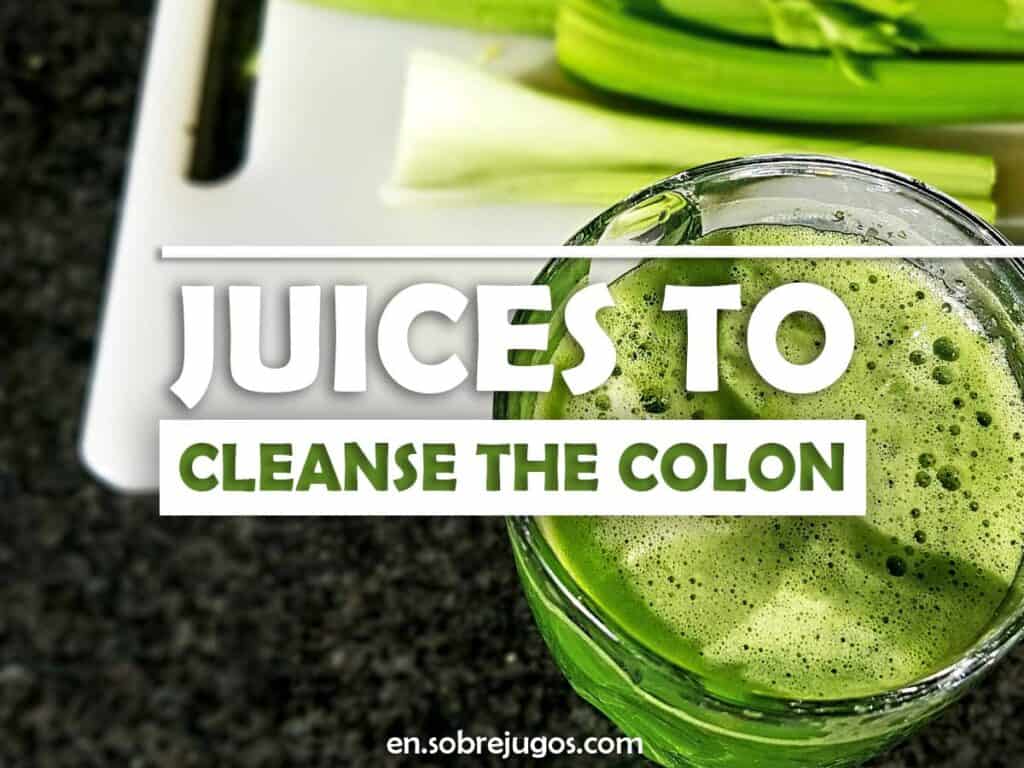
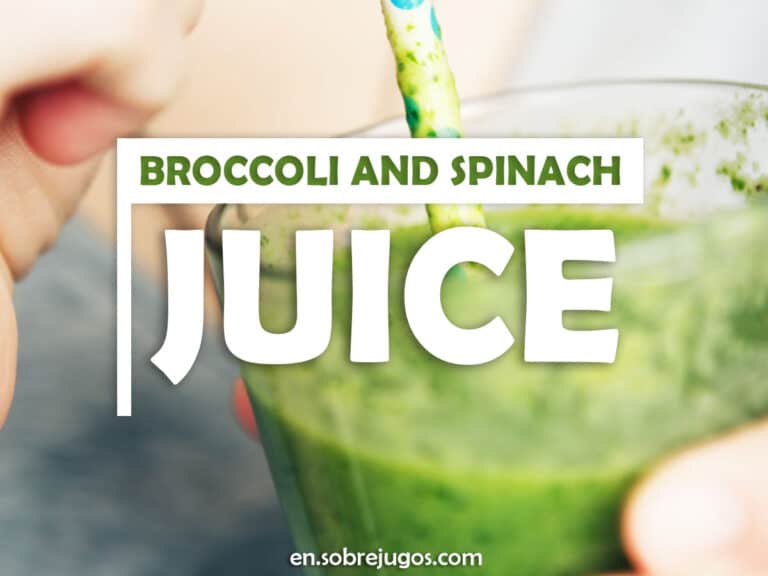
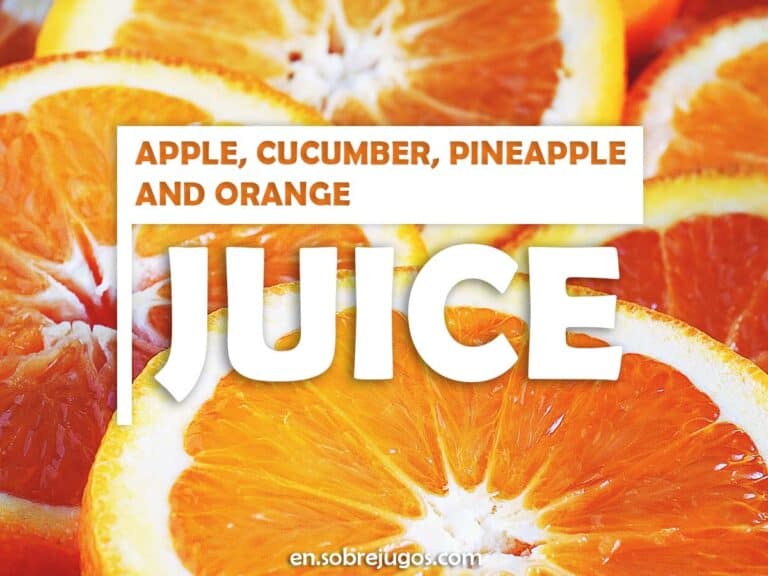
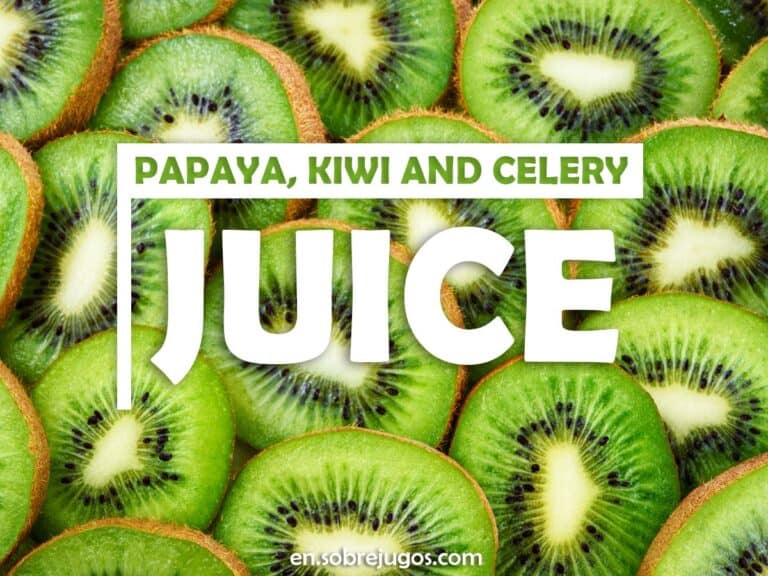
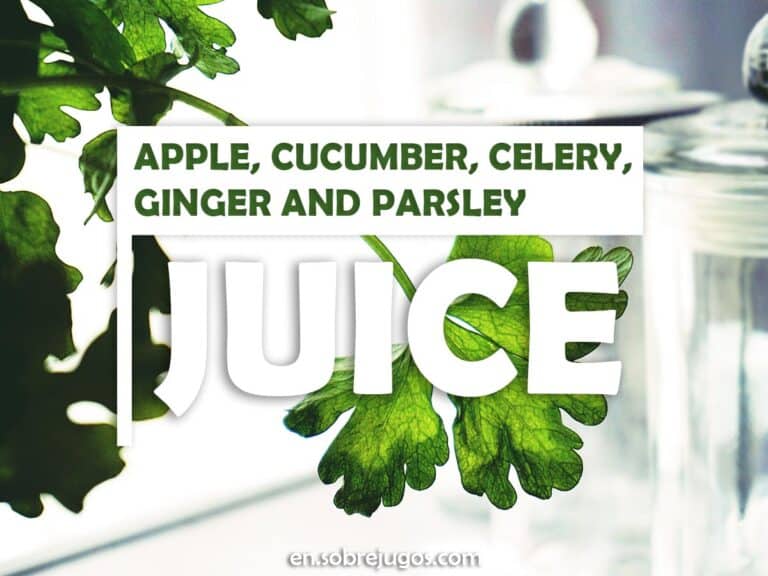
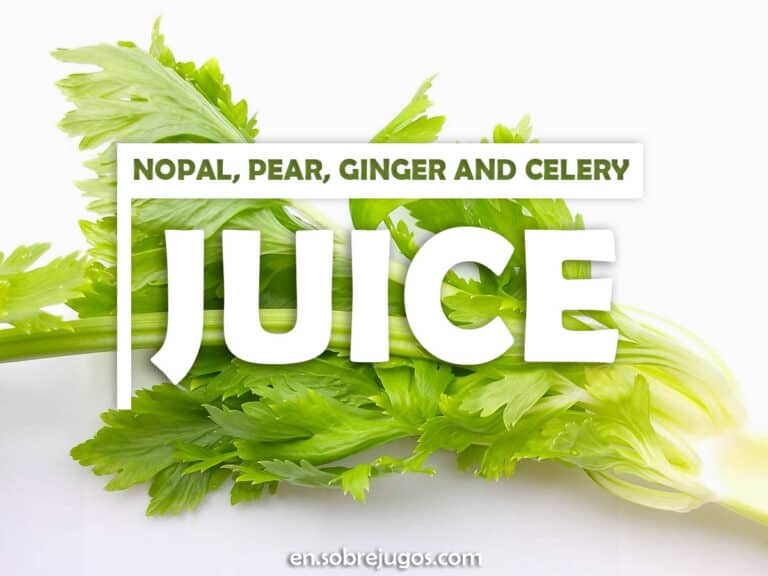
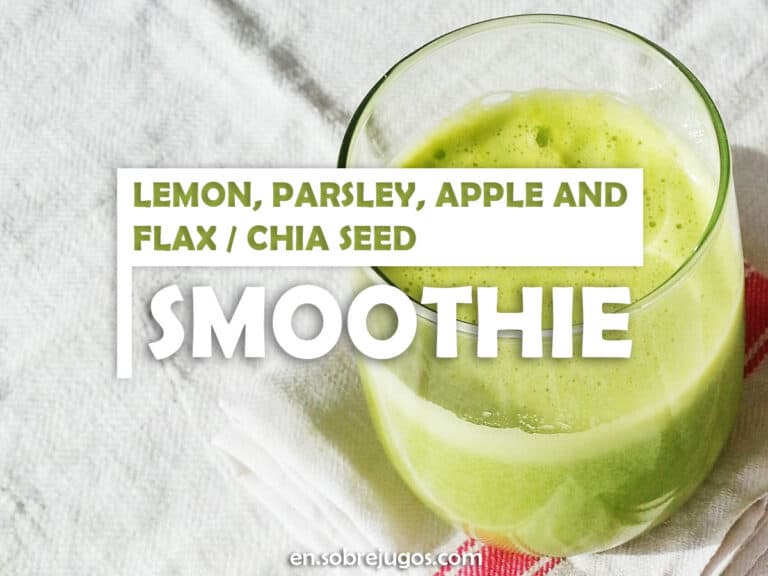
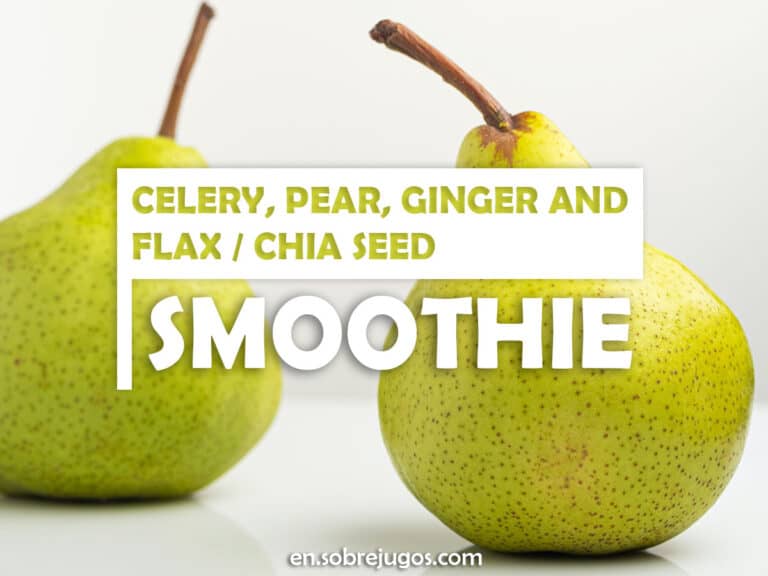
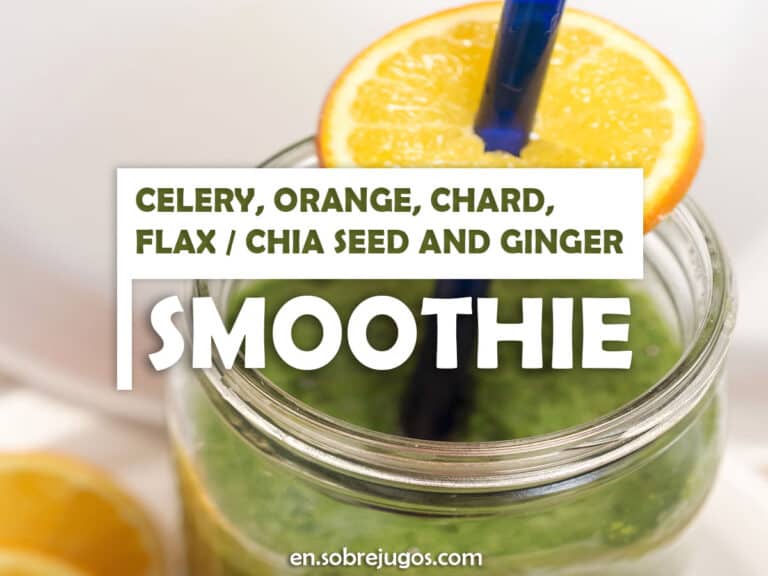
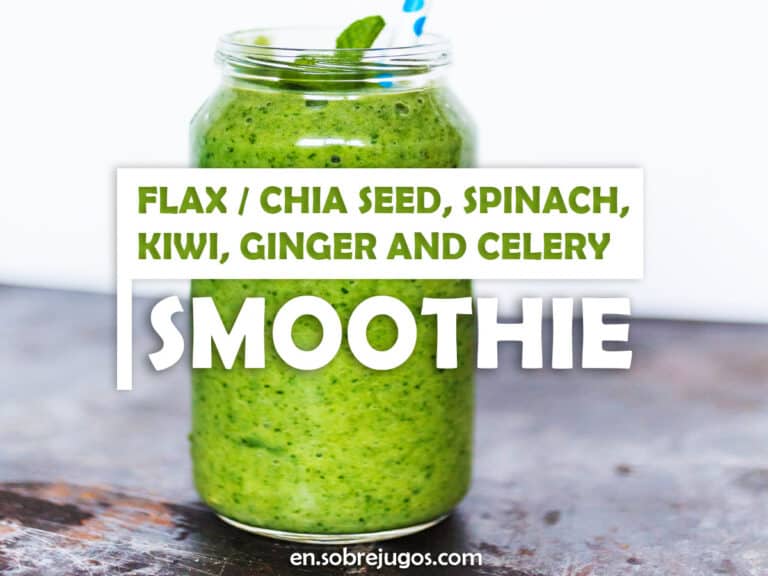
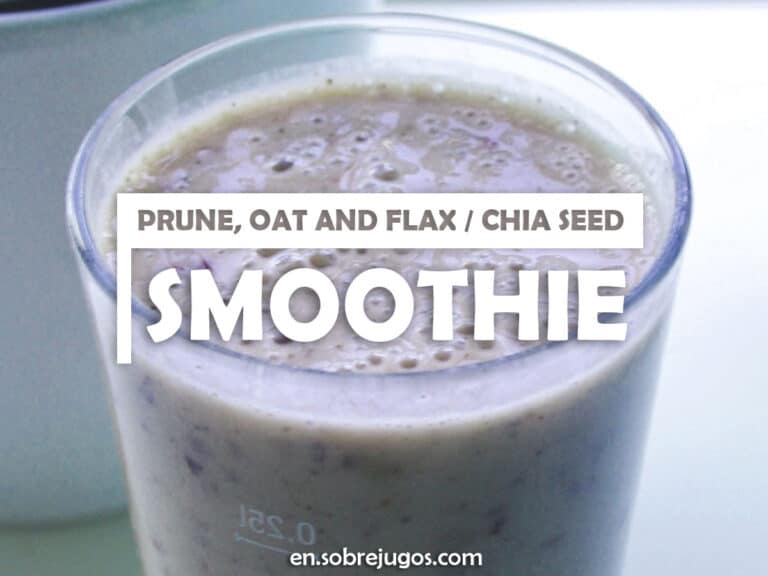
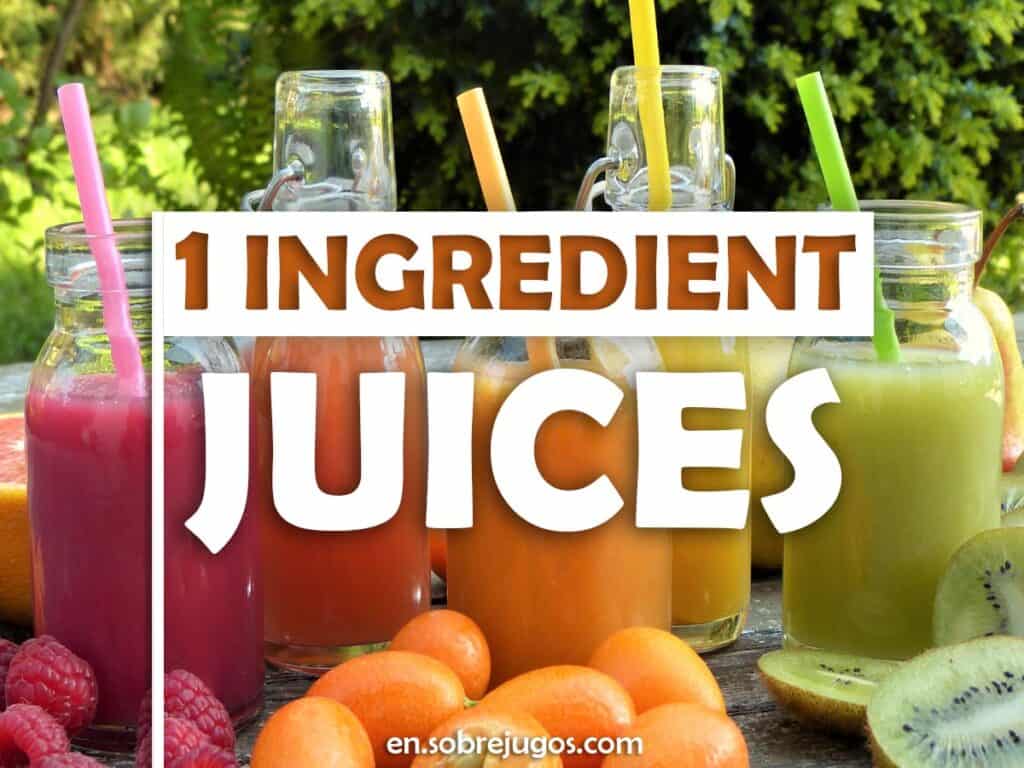
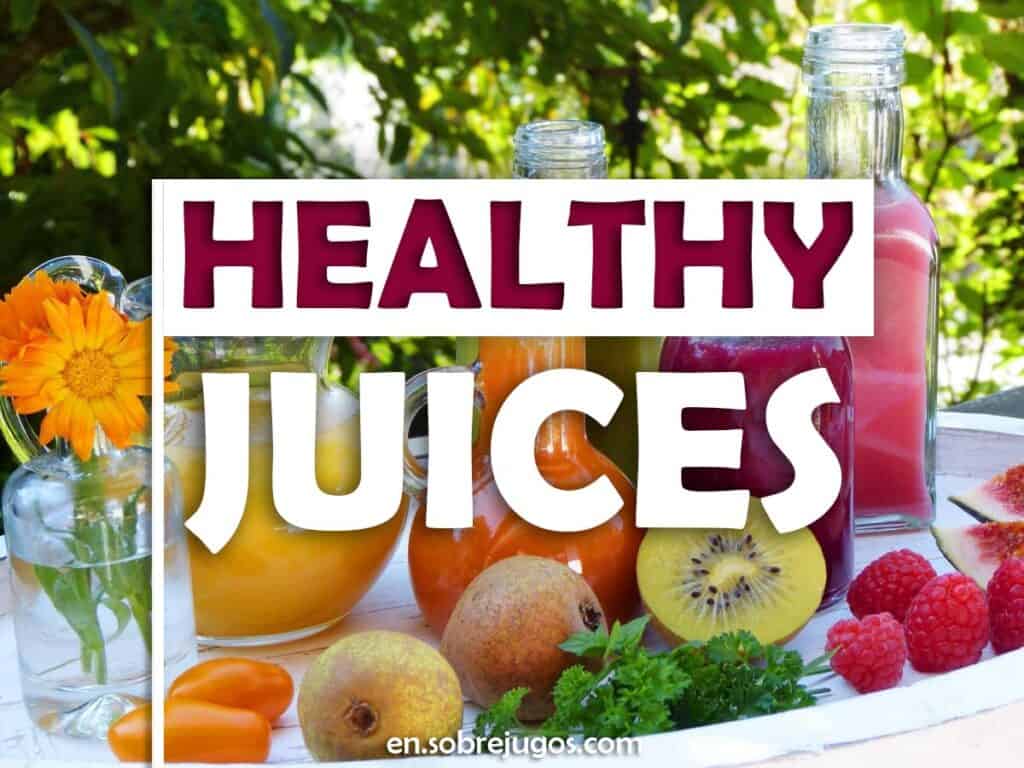
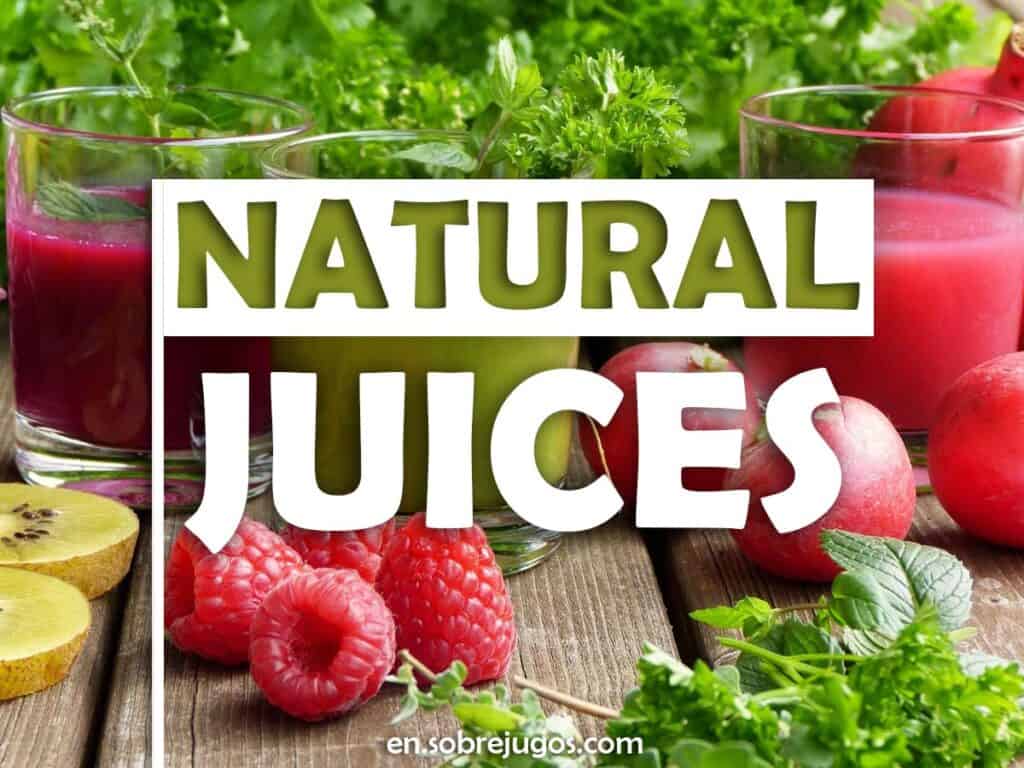
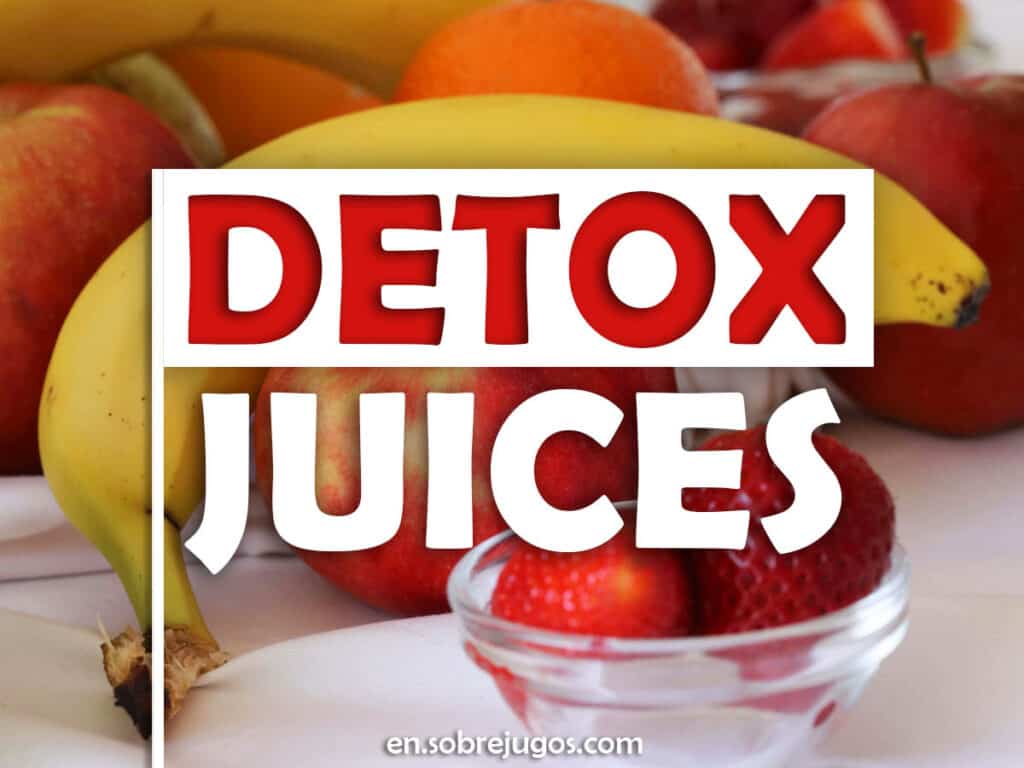
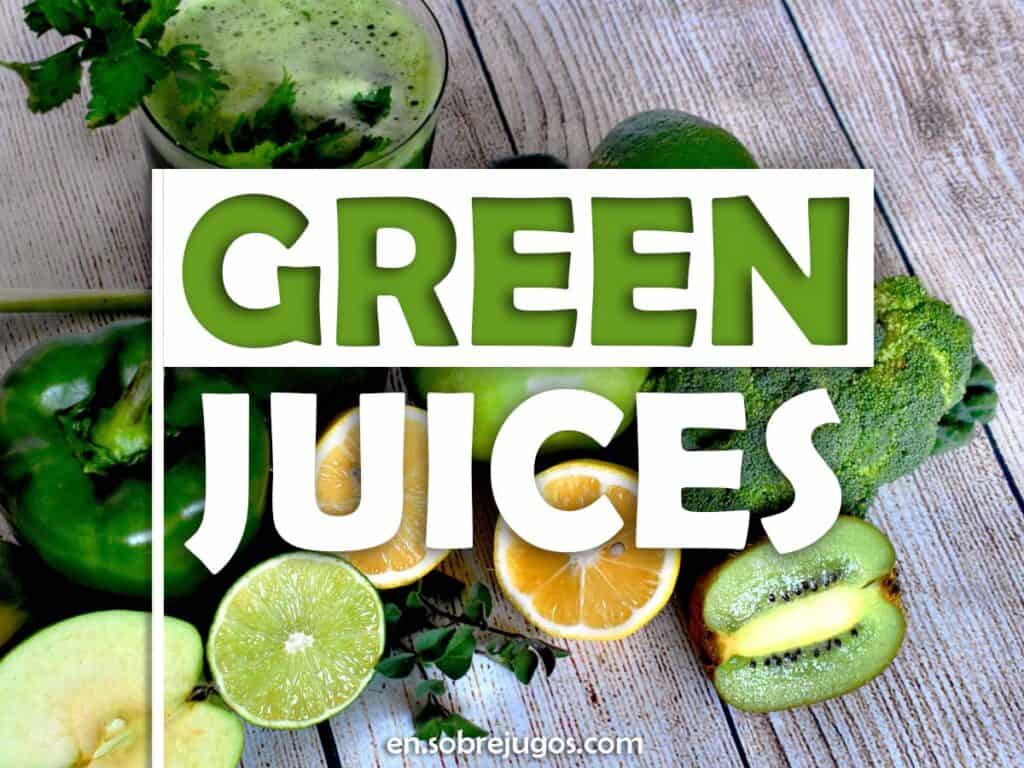

Want to know when we upload new content?
Enter your email address here to get notified.